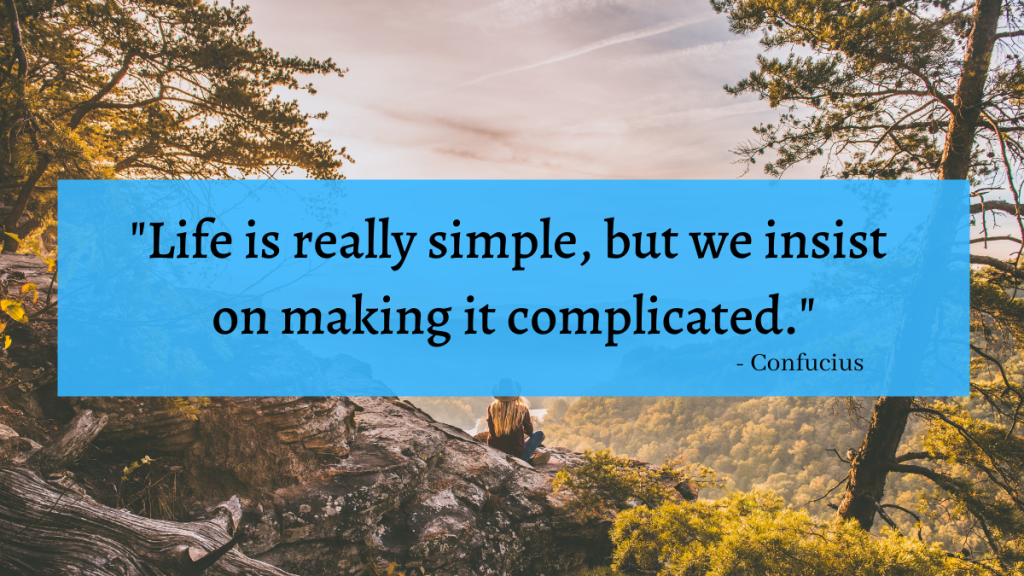Recently, I came to terms with the fact that I’ve been experiencing a tricky bout of depression for the past month or so. It wasn’t easy to spot, and even though I’ve lived with depression for almost a third of my life, I couldn’t recognize it for a long time. However, it took putting some dots together (and a very patient partner who gives as much support as she can) for me to realize I was living under a fog of depression.
It’s been a long time since I’ve been this surprised by a bout of depression. To be honest, I was almost embarrassed to realize what had been happening. And even though recognizing something doesn’t mean it goes away, it’s a necessary first step if I want anything to change.
So why did I feel so fooled by this? I think it’s because depression looks like so much more than we realize. It’s not just the standard symptoms that we’ve come to recognize in others, but the ways that they intersect in our lives that are ones to watch out for. Depression isn’t just feeling sad, lacking energy or losing interest in activities. In my case (and the cases of so many others), depression can look like:
- Changes in appetite (eating way too much or never wanting to)
- Self-loathing and overly criticizing every thought you have and decision you make
- Concentration problems and difficulty focusing, making decisions or remembering details
- Physical aches and pains (these can include headaches, backaches, and stomach pain/indigestion)
- Restlessness that can lead to feeling extremely cranky or irritable
- Being pessimistic in ways that previously didn’t exist
- Feeling empty or worthless
…and much more. I know this might seem like I’m being very pessimistic or exaggerating the impact of depression, but there’s a larger point here.
One of the ways that we can shrink the stigma surrounding mental health is to re-examine the narratives we’ve heard, and fight back against them. I’m not saying that everyone who’s felt these things has had depression – these are issues that all of us deal with sometimes as we go through life. What I am saying is that when you or someone you know is experiencing something they believe to be depression, we need to hear them out.
Downplaying mental illness because someone doesn’t exhibit the “right traits” is one of the clearest ways that the stigma persists, and it’s those misconceptions need to be fixed. Depression looks like so much more than we think, and the more people know that, the better we can understand how to support people who feel this way.

I’m in a funk too :*(
LikeLiked by 1 person
I’m sorry to hear that, that’s always frustrating. I hope things get better for you soon!
LikeLike